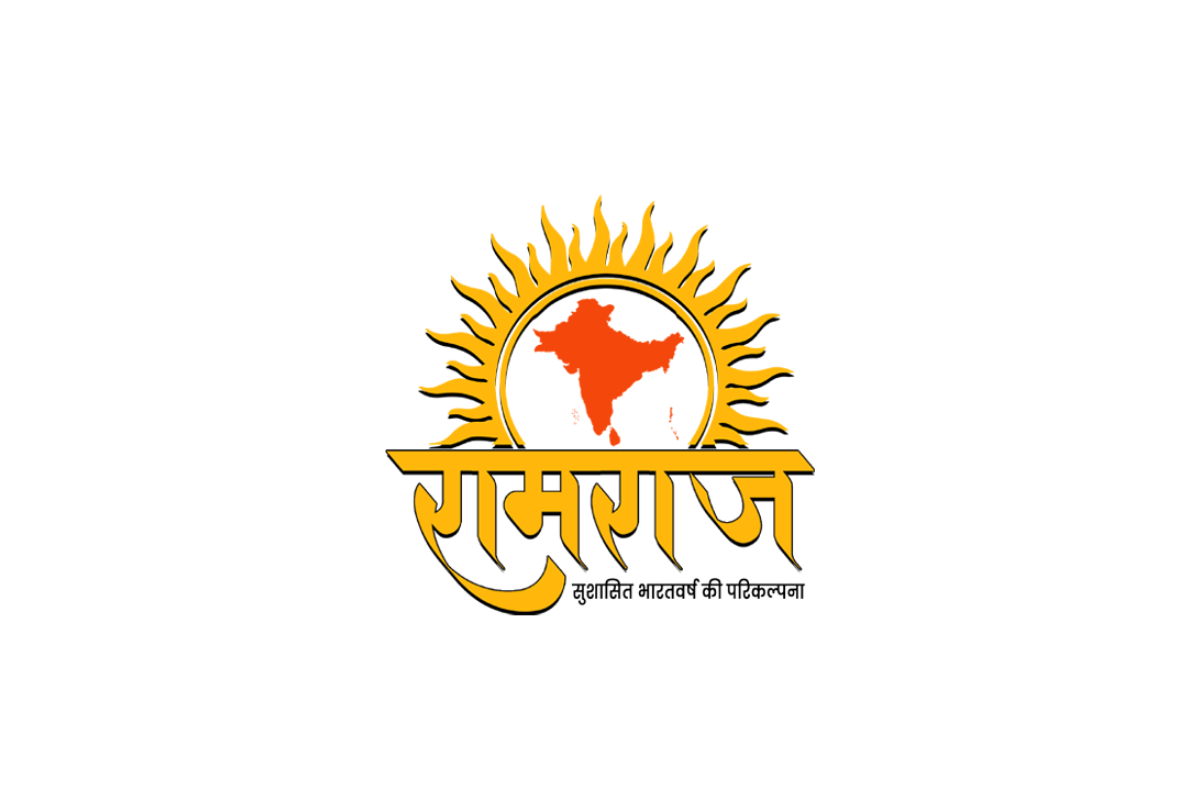“The environment is viewed as an interdependent system where people, forests, and land are closely linked. Respecting the environment involves using its resources wisely to ensure sustainability and regeneration Glo-cal Environmental Action needs local Indigenous discourses,” writes Neeraja Kudrimoti, Associate Director at Transform Rural India.
“Amus and Beej Pandum” are very important festivals of the indigenous population in the Bastar region of Chhattisgarh, where they honour nature to seek blessings for a good harvest, fertile soil and favourable weather. The sowing of seeds is done ceremoniously, showing their deep respect for the soil and the environment. Indigenous communities, or Adivasis, living in forested, mountainous, and hilly areas, possess profound knowledge of their natural surroundings and rely on sustainable practices that harmonise with the environment. They play a vital role not only in preserving and sustaining but also in regenerating India’s biodiversity. However, their perspectives are often overlooked in global environmental discussions, which are dominated by complex scientific discourse. As they are the frontline interface for nurturing the environment, it is essential to induct their wisdom and practices into global environmental discourses to ensure comprehensive environmental action in a localised manner.





